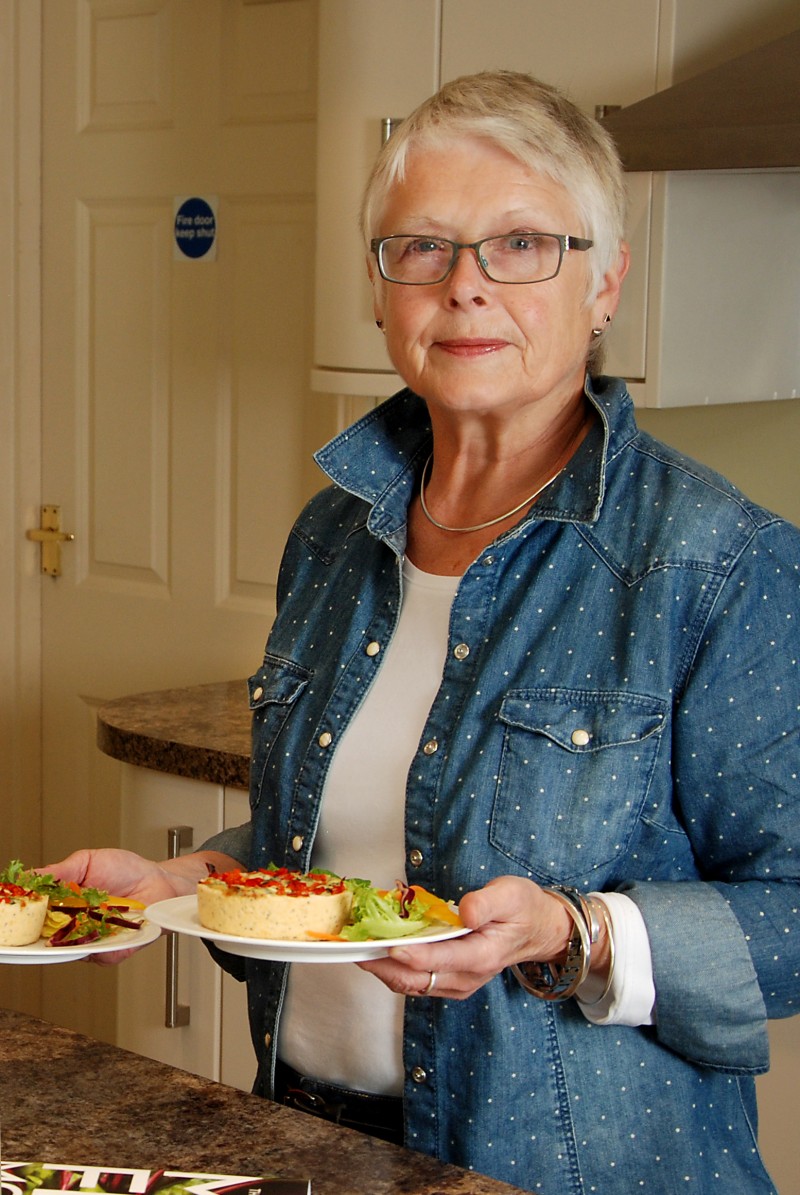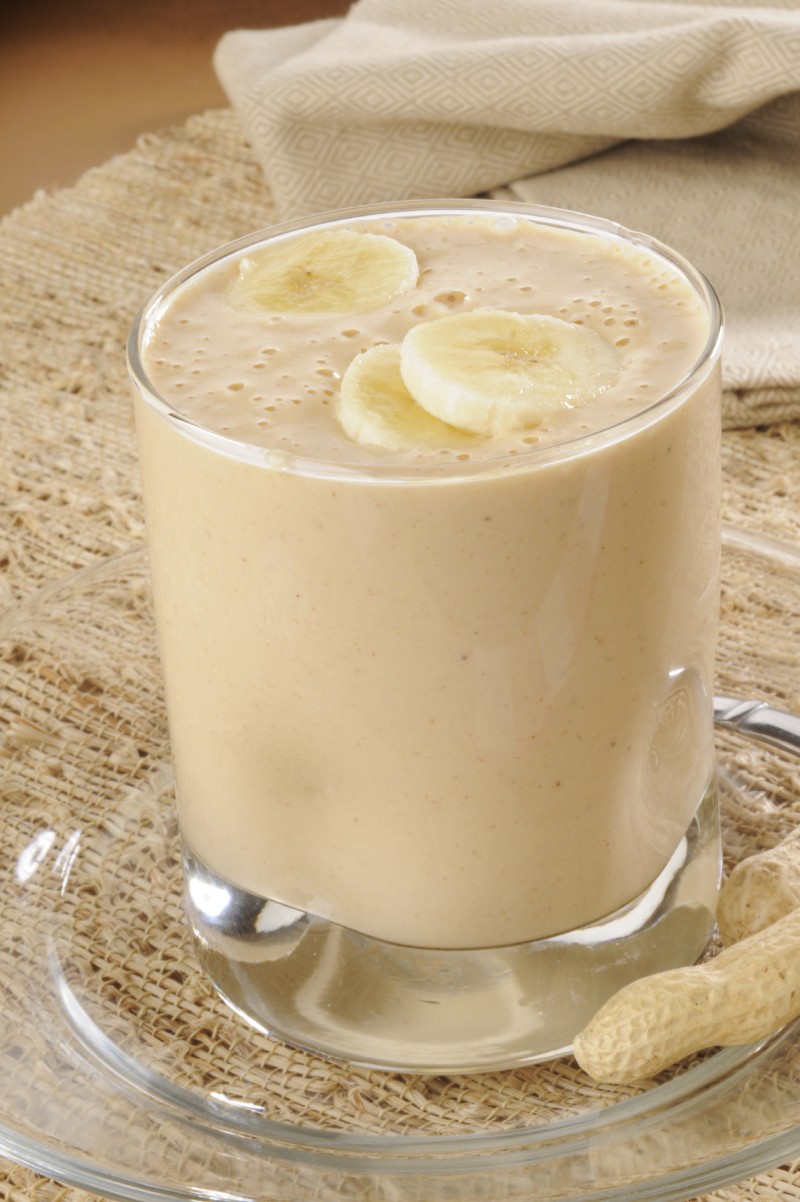
Nutrition and Hydration Week begins on 14 March. This annual event aims to re-energise conversation and promote top tips on the ways to best maintain health and wellbeing – something that can easily be neglected as we get older.
One in ten older people doesn't eat and drink enough to maintain a healthy weight. This has a big impact on their independence and wellbeing, and means they are more reliant on health and social care services.
On average we should be drinking around 2 litres of water per day to stay well hydrated and support our body's digestion, circulation, and temperature control for our brain to work well. Many people find this a tricky target and it can be difficult to measure how much water we are actually drinking.
It can be helpful to have a full glass of water with any medication and to have a glass or jug of water by your chair or on the side in the kitchen at all times. It may help to have squash or juice in the house to make drinking more palatable or try adding a slice of lemon to a mug of hot water to kick start your day.
You don't have to just drink water to stay hydrated. Eating fruit such as strawberries, watermelon, and cantaloupe melon will count towards your fluid intake, as well as being nutritious. So too will plant-based or dairy milk, soups, smoothies, and milkshakes. Here are a couple of recipes for you to try:
Banana and peanut butter fortified milkshake

 In a similar way to how proper hydration can impact our mood and wellbeing, what we eat can have just as much of an impact. Eating a healthy diet contributes to preventing illness and improving quality, and length, of life. Understanding what we are eating and our food's nutritional value is important. However, with the media and internet often offering conflicting information, we suggest following the 'Eat Well Plate', a nutritional guide offered by The Vegan Society. You can view a vegan and vegetarian version of the guide here, as well as lots of other useful information in our Nutrition Guide.
In a similar way to how proper hydration can impact our mood and wellbeing, what we eat can have just as much of an impact. Eating a healthy diet contributes to preventing illness and improving quality, and length, of life. Understanding what we are eating and our food's nutritional value is important. However, with the media and internet often offering conflicting information, we suggest following the 'Eat Well Plate', a nutritional guide offered by The Vegan Society. You can view a vegan and vegetarian version of the guide here, as well as lots of other useful information in our Nutrition Guide.
Here are our top tips for eating better:
If you have low appetite or an underlying health condition, it can be difficult to get enough calories and nutrients. Food fortification may help with this. Food fortification is adding high energy foods to meals to increase the calories, without making the food more filling. It’s a great way to increase the calorie content of meals, without increasing portion size.
Often full-fat dairy products or whey powders are used to fortify food and if you are vegan it can be difficult to find suitable alternatives. To help we have a new publication, Food Fortification for Vegans. This guide suggests a number of vegan alternatives that can be used to fortify meals, as well as various fortified recipes, drink, and snack ideas. For each recipe we’ve included the calorie and protein content per serving. There are plenty of ideas and inspiration for fortifying dishes without dairy. These delicious recipes will show you how to increase calories without compromising on taste. Further recipes can also be found on our website.
If you have any questions around hydration, nutrition and fortification get in touch with your query and our expert team of experienced veg*n chefs and nutritionists will have the answer for you. Email info@vegetarianforlife.org.uk.
If you have any concerns around malnutrition Eat Well Age Well have a free advice line for older people and carers: 0800 13 88 220.
Categories:
Nutritional Advice